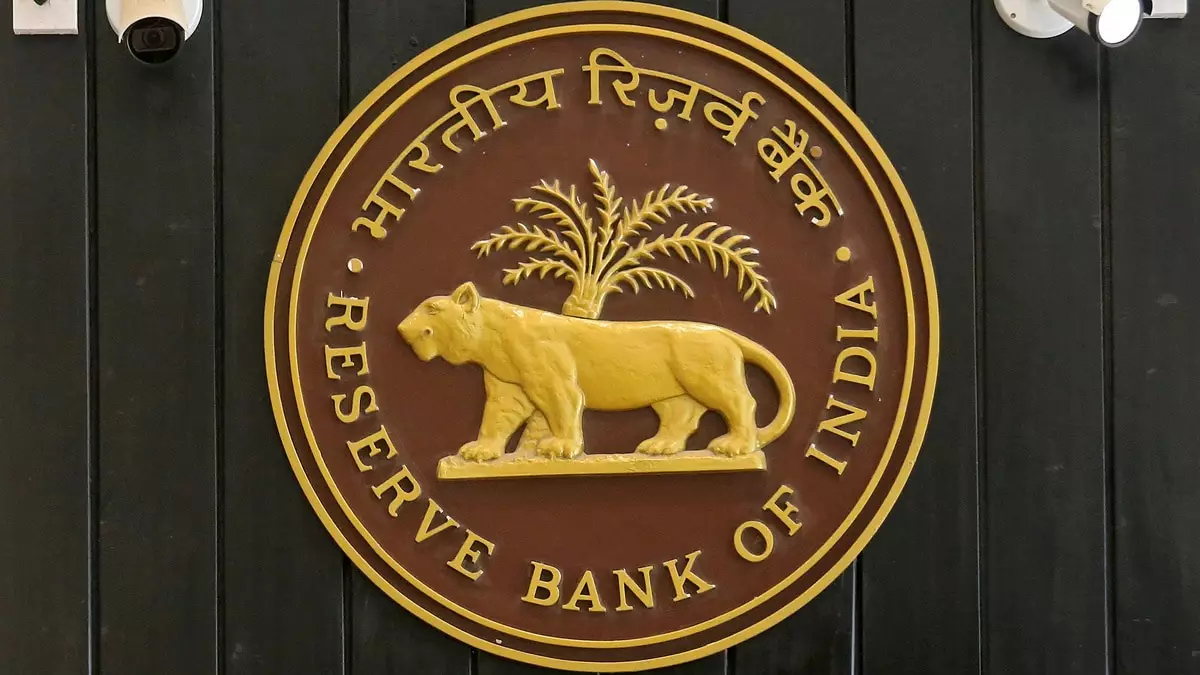India’s digital Rupee, known as the eRupee, is currently undergoing advanced trials conducted by 16 national banks. The eRupee has already attracted five million users during its pilot phase, showcasing the high level of interest in this new digital currency. This indicates a significant move towards digital transactions and a cashless economy in India.
Thorough Investigation and Careful Deployment
RBI Governor Shaktikanta Das emphasized the importance of not rushing the deployment of the eRupee across the national financial systems. The Reserve Bank of India (RBI) is committed to conducting a thorough investigation before implementing the central bank digital currency (CBDC) on a larger scale. This cautious approach ensures that the eRupee is secure, efficient, and aligned with the needs of the Indian economy.
One of the key features of the eRupee highlighted by Governor Das is its programmability. This unique attribute allows for purpose-bound fund allocation, which can be a game-changer for financial inclusion in India. For instance, tenant farmers who struggle to access agricultural credit due to lack of land titles can benefit from programmable funds designated for purchasing agricultural inputs. This innovative approach enhances the identity verification of individuals based on the end use of funds, fostering financial inclusion and credit accessibility.
In addition to programmability, the eRupee is set to incorporate other advanced features such as transaction anonymity and offline operability. These enhancements will further enhance the user experience and usability of the digital currency. The upcoming developments in the eRupee ecosystem aim to make it a versatile and secure payment system for domestic and international transactions.
Central bank digital currencies (CBDCs) like India’s eRupee bring a new level of transparency and accountability to financial transactions. Unlike traditional paper notes, CBDC transactions are recorded permanently on blockchain networks, ensuring immutable records. This shift towards digital currencies allows central banks to reduce their reliance on physical currency and embrace the efficiency and security offered by blockchain technology.
India’s eRupee represents the future of payment systems, combining innovation, security, and inclusivity. As the trials progress and more users embrace the digital currency, the potential for transforming India’s financial landscape becomes increasingly evident. With careful planning and strategic implementation, the eRupee has the power to revolutionize the way transactions are conducted and pave the way for a digital economy in India.

Leave a Reply